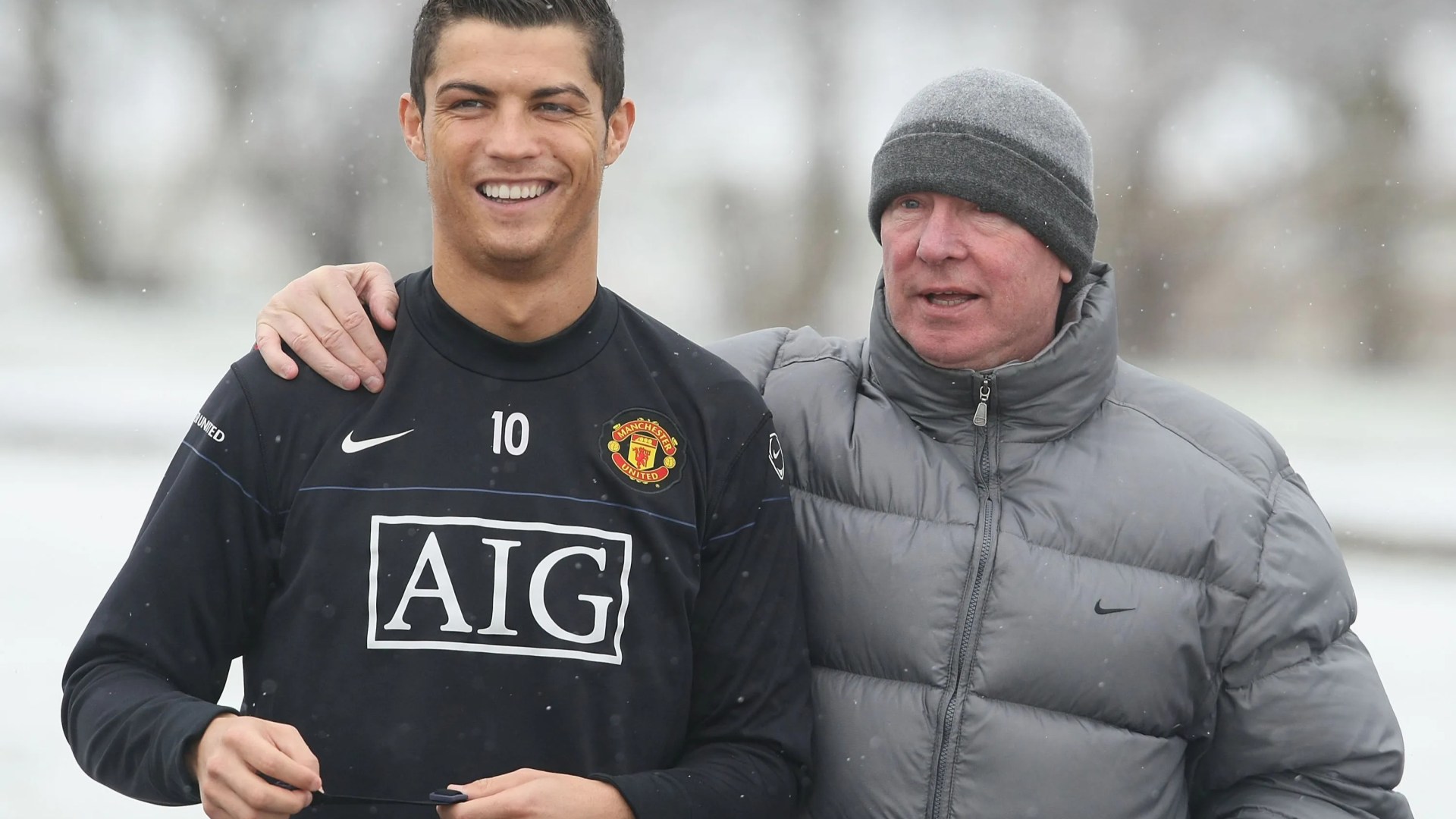In the challenging landscape of Premier League management, few insights are as valuable as those drawn from the legends of the game, and Alan Pardew recently shed light on precisely such wisdom, recounting a pivotal conversation with Sir Alex Ferguson regarding the monumental task of replacing a talismanic figure like Cristiano Ronaldo at Manchester United.
Pardew’s anecdote offers a profound lesson for contemporary managers, particularly those grappling with the unenviable prospect of losing a top scorer. He recalled asking Ferguson how he intended to fill the void left by Ronaldo, a player whose individual brilliance consistently delivered unparalleled numbers and match-winning moments for the Old Trafford club.
Ferguson’s response was not what many might expect. The iconic manager candidly admitted that directly replacing such a unique talent was an impossibility. His genius lay in understanding that no single player could replicate the comprehensive contribution of a superstar; instead, a more nuanced, collective approach was required to maintain team performance.
The strategic blueprint Ferguson unveiled involved acquiring not one, but “two or three” new players. The objective was for this collective group to collaboratively replicate the output and influence that Ronaldo had provided individually, thereby strengthening the team unit through diversified skills and enhanced squad depth rather than a direct like-for-like swap.
This tactical philosophy holds significant relevance for current Premier League challenges, exemplified by Eddie Howe’s potential predicament at Newcastle United concerning Alexander Isak. Howe, much like Ferguson, faces the daunting task of potentially losing a prolific attacker, and Pardew’s recounting suggests adopting a similar multi-player acquisition strategy could be the most effective path forward.
The inherent difficulty in replacing a player who consistently “does the numbers” is a universal test for any manager aiming for sustained success. It’s a challenge that transcends league position, demanding astute tactical foresight and robust transfer market acumen to navigate effectively without compromising team cohesion or performance levels.
Indeed, following Ronaldo’s departure, Sir Alex Ferguson put his philosophy into practice, bringing in players such as Antonio Valencia, Mame Diouf, Gabriel Obertan, and Michael Owen. These diverse signings illustrated his commitment to building a multifaceted attack, proving that collective strength could indeed compensate for the absence of a singular superstar, a model that remains highly pertinent in modern football transfers.
This strategic lesson from one of football’s greatest minds underscores the adaptability required in elite management. It highlights that the true measure of a manager often lies not just in their ability to identify talent, but in their capacity to reconstruct and innovate when faced with the inevitable departures of irreplaceable stars.





Leave a Reply